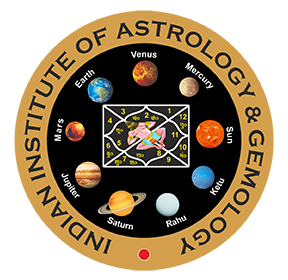Definition: Astrology is the study of celestial bodies' movements and positions and their perceived influence on human affairs and natural phenomena. It seeks to provide insight into personality traits, life events, and cosmic patterns.
History: Dating back thousands of years, astrology originated in ancient Mesopotamia and was further developed by civilizations like the Greeks, Egyptians, and Indians. It evolved into distinct systems, such as Western, Vedic, and Chinese astrology.
Symbols: Astrological symbols represent planets, signs, and aspects, like the Sun ☉ for vitality or Saturn ♄ for discipline. Each symbol conveys specific cosmic energies.
Signs: The zodiac comprises 12 signs—Aries, Taurus, Gemini, Cancer, Leo, Virgo, Libra, Scorpio, Sagittarius, Capricorn, Aquarius, and Pisces—each linked to unique traits and ruled by specific planets.
Facts: Astrology combines astronomical calculations and interpretative techniques. While it lacks scientific consensus, it remains popular worldwide as a tool for self-discovery, guidance, and connection to the cosmos.
Astrology has huge importance in human life. Astrology is one of the six organs of the Veda which is called the eye of the Vedas. The exclusive use of this knowledge is for the successful accomplishment of solemnization and the Vedic rites.
In the absence of a muhurta and auspicious time, large solemnizations and rituals become sterilized.
This astrology is divided into two parts:
- Calculative (Ganit) Astrology
- Result (Phalit) Astrology
By proper use of results and calculative astrology, a successful astrologer can predict all the events in the life of a native. Therefore, by proper use of astrology accidents can be avoided, and auspicious can be made more auspicious.
Astrology: Is it scientific?
Astrology is an ancient practice that studies the influence of celestial bodies on human life. While it is deeply rooted in mathematical calculations and cosmic observations, its scientific validity remains a topic of debate. Proponents argue that the alignment of planets and stars affects earthly energies, influencing individual destinies. Critics, however, point to the lack of empirical evidence and standardized methodologies. Despite the debate, astrology continues to be a widely respected field, blending tradition, intuition, and mathematical precision.

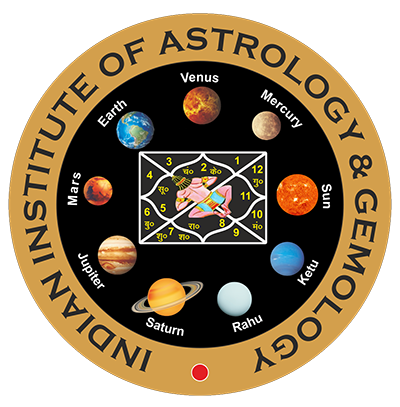


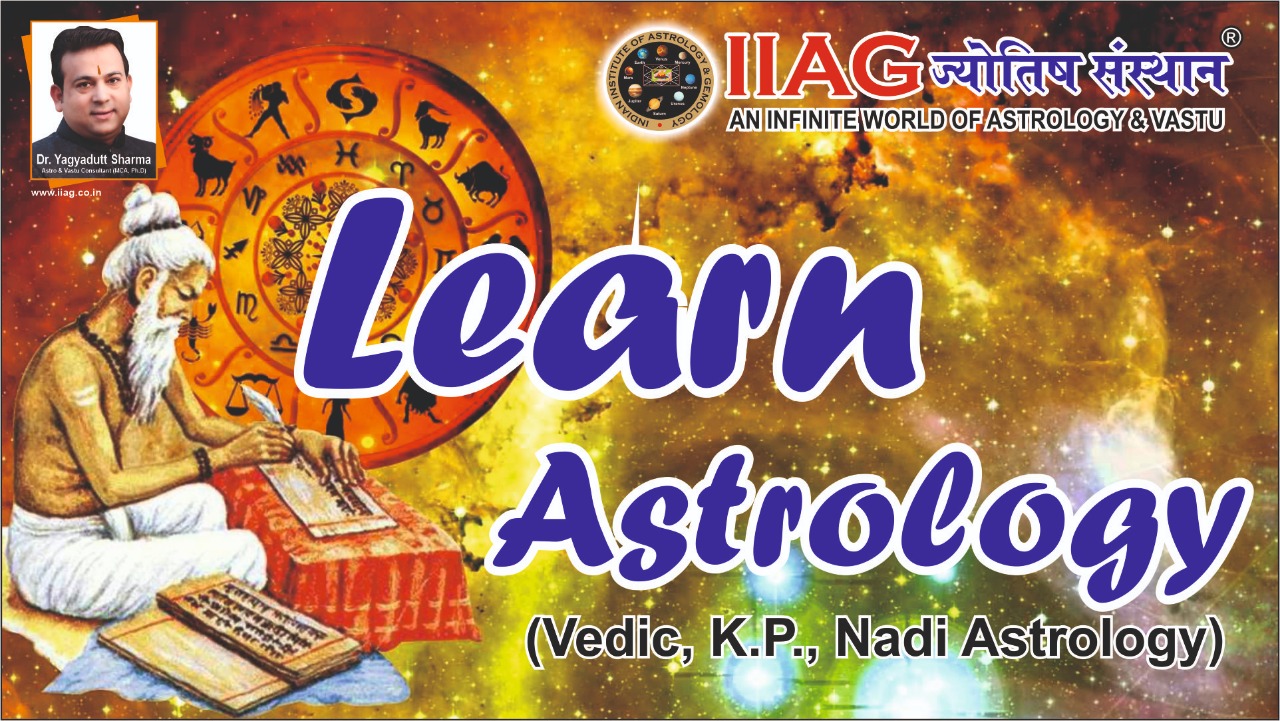

















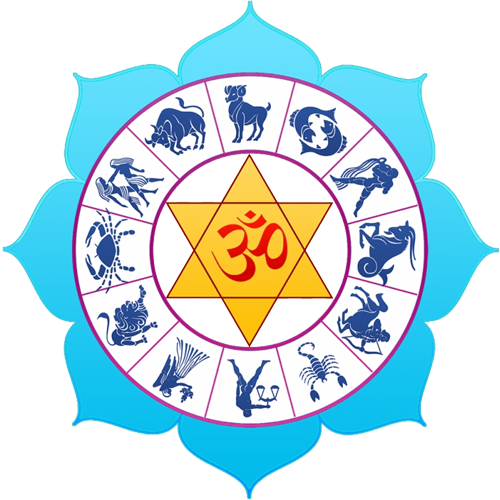 Bhartiya Jyotish
Bhartiya Jyotish
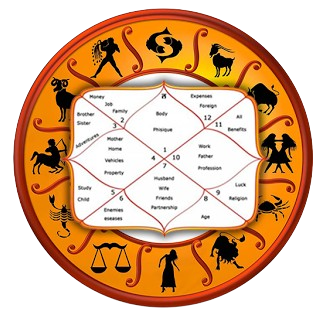 KP Astrology
KP Astrology
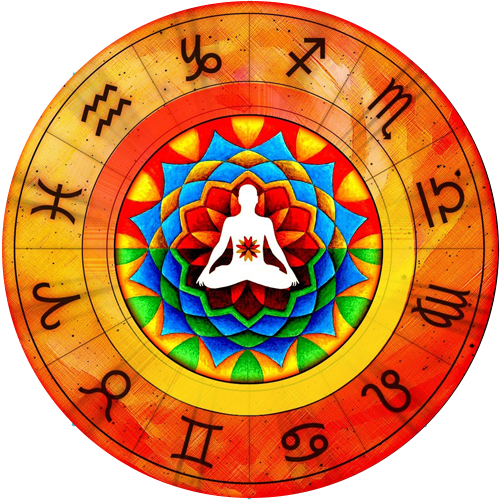 Advance KP
Advance KP
 Vastu Shastra
Vastu Shastra
 Astro-Vastu
Astro-Vastu
 Energy Healing
Energy Healing
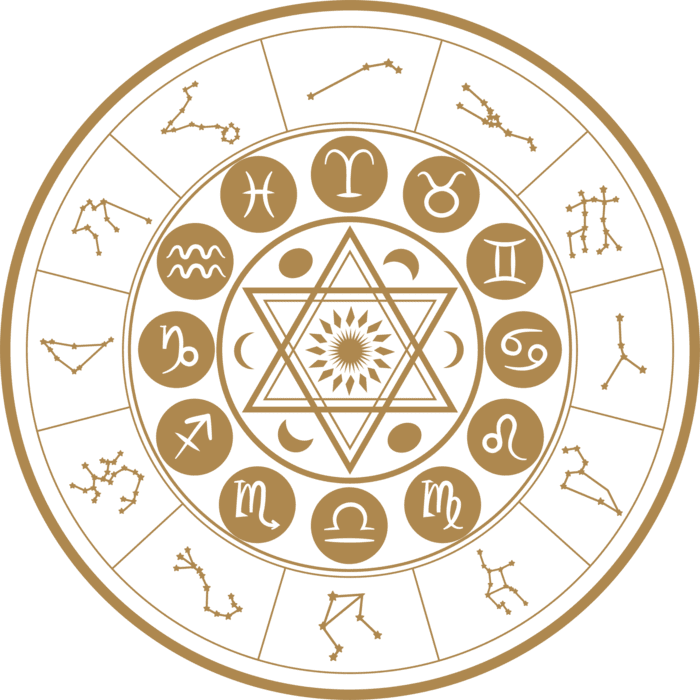 Sample Course
Sample Course
 Astro Advice
Astro Advice
 Vastu Guidance
Vastu Guidance
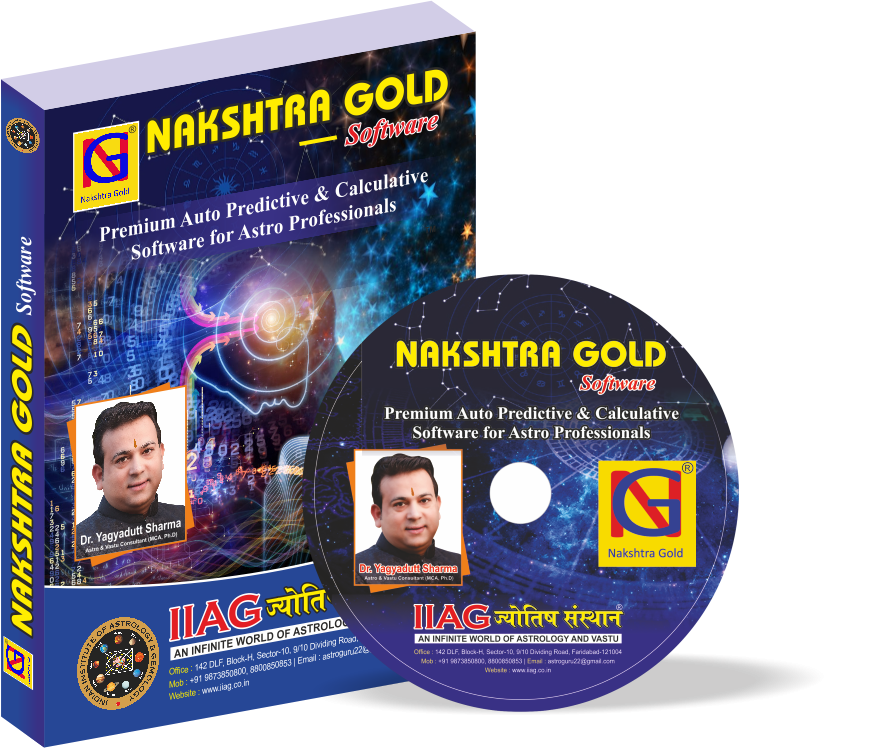 NG Software
NG Software
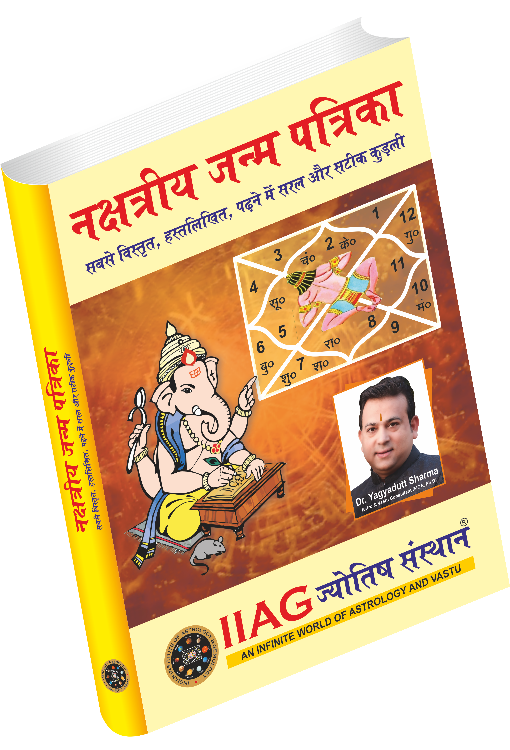 NJ Patrika
NJ Patrika
 Gemstone Selection
Gemstone Selection
 Rudraksh Selection
Rudraksh Selection
